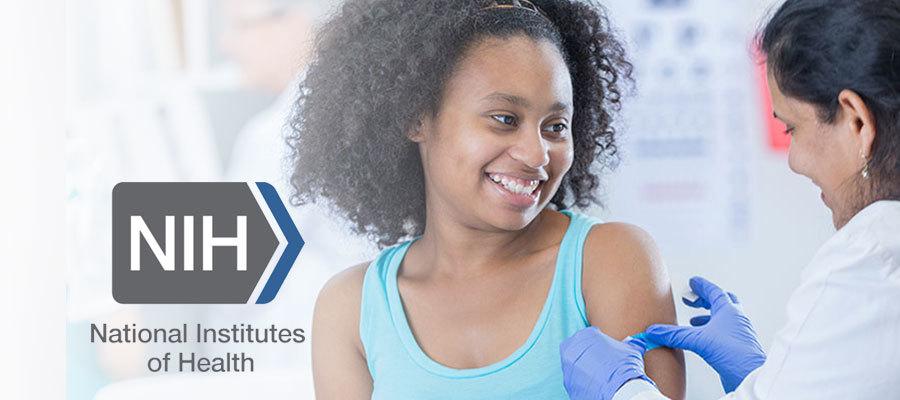NIH expands research network to improve COVID-19 testing among underserved

The National Institutes of Health has awarded about $45 million to expand the research network for its Rapid Acceleration of Diagnostics Underserved Populations program.
The program supports projects with established research infrastructures and community partnerships that can swiftly implement strategies and interventions to increase access and uptake of COVID-19 testing among underserved and vulnerable populations, such as African Americans, American Indians/Alaskan Natives, Latinos/Latinas, Native Hawaiians, older adults, pregnant women and those who are homeless or incarcerated.
The agency said the new grants will bolster efforts to address testing hesitancy in these populations.
Related News Articles
Headline
The Centers for Disease Control and Prevention Feb. 19 released a report on the low use of COVID-19 antiviral drugs among individuals age 65 and older, a…
Blog
Despite medical advancements, maternal mortality rates have doubled since 1987. Yet more than 80% of pregnancy-related deaths have been deemed preventable.We…
Headline
Joy A. Rhoden, AHA senior vice president and executive director of health outcomes and care transformation, shares the AHA’s top strategic…
Headline
The Centers for Disease Control and Prevention Dec. 11 released a report that found last year’s version of the COVID-19 vaccine was 76% effective in preventing…
Headline
The AHA Dec. 4 released a new resource outlining how hospitals and health systems can take action to improve care for people with disabilities. Solutions were…
Headline
A study published today by Nature found that as many as 5,000 steps per day can slow cognitive decline for individuals with early signs of Alzheimer’s disease…

